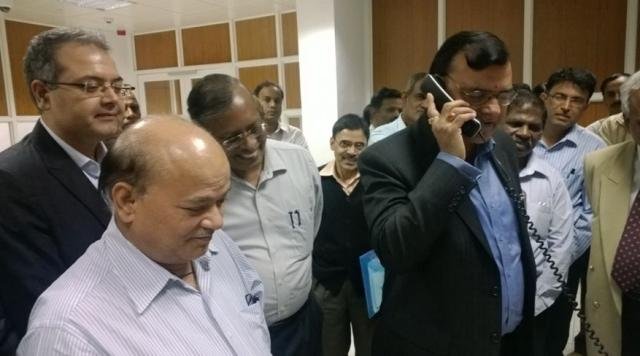BSNL has tapped Huawei to migrate its traditional telephone exchanges to Internet Protocol (IP) based Next Generation Networks (NGN).
The IP transition will be in phases and will cover all major telecom circles of BSNL.
As part of the NGN deal, BSNL will be able to migrate 4 million existing PSTN subscribers to IMS platform and offer next generation services besides voice, such as video, IPTV, IP-Centrex and MMVC.
1 million lines will be replaced in Phase-1 and 3 million lines in Phase-2 to migrate existing 4 million PSTN subscribers to IMS (IP Multi-media Subsystem) platform. This will help BSNL reduce the overall operational expenditure (Opex) and offer better services to customers.
Huawei does not share the size of the NGN switch deal.
“BSNL is rolling out NGN from Huawei in 21 telecom circles. This architecture will reduce the overall Opex leading to an improved profitability and lower costs to end users. Once NGN is commissioned, BSNL customers can expect much improved voice quality and richer broadband experience,” said RK Upadhyay, CMD of BSNL.
BSNL will benefit from the migration to IP-based packet switches and servers since it will set the platform for Fixed Mobile Convergence (FMC), which breaks down distinctions between fixed and mobile networks and provides customers seamless inter-operability of wired and wireless voice and broadband services.
On 29 January 2014, BSNL made voice and video calls between Bangalore and Hyderabad through the recently built NGN C-5/IMS network of Huawei.
“Our IMS solution has key advantages and telecoms can leverage the platform to monetize on new data services and significantly increase their revenue potential on new IP-based multi-media services. This will translate to a bigger impact nationwide of a larger broadband base and a better connected society leading to sustainable development of telecom and ICT economy in India,” said Cai Liqun, CEO of Huawei India.

